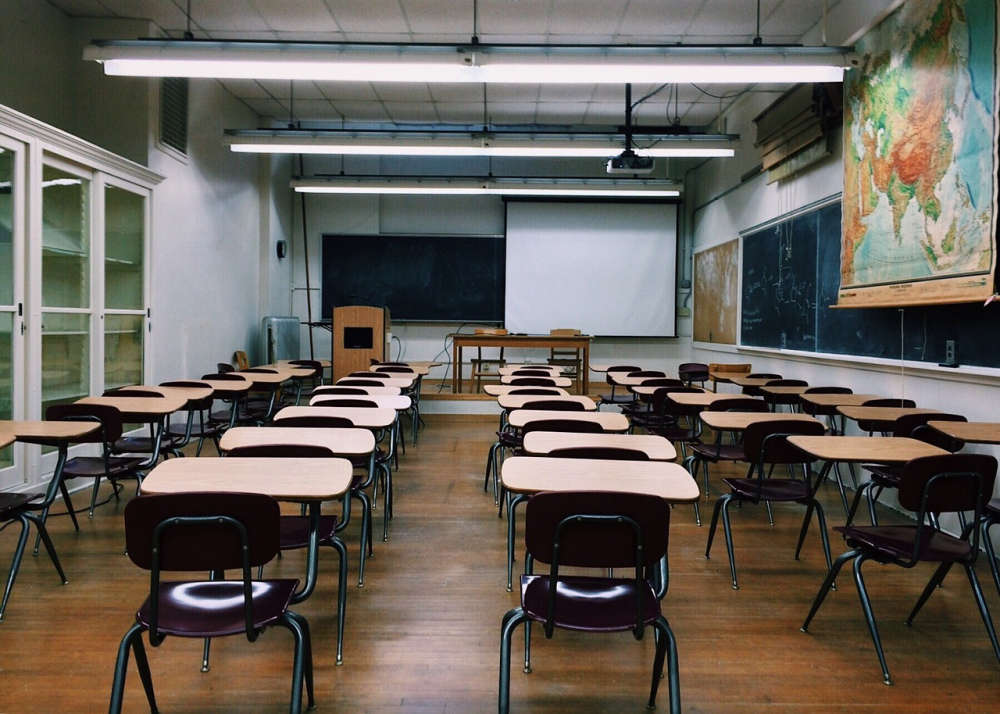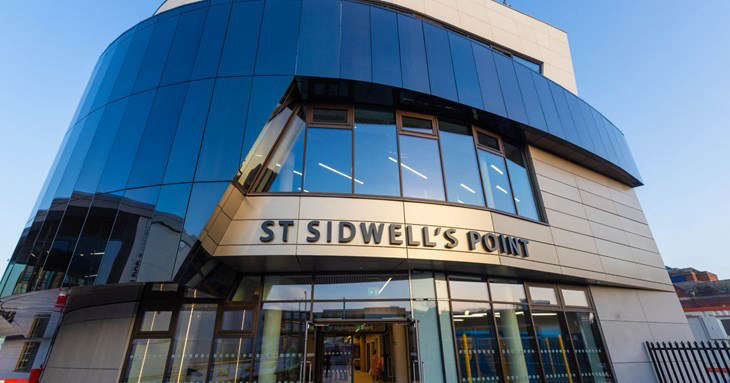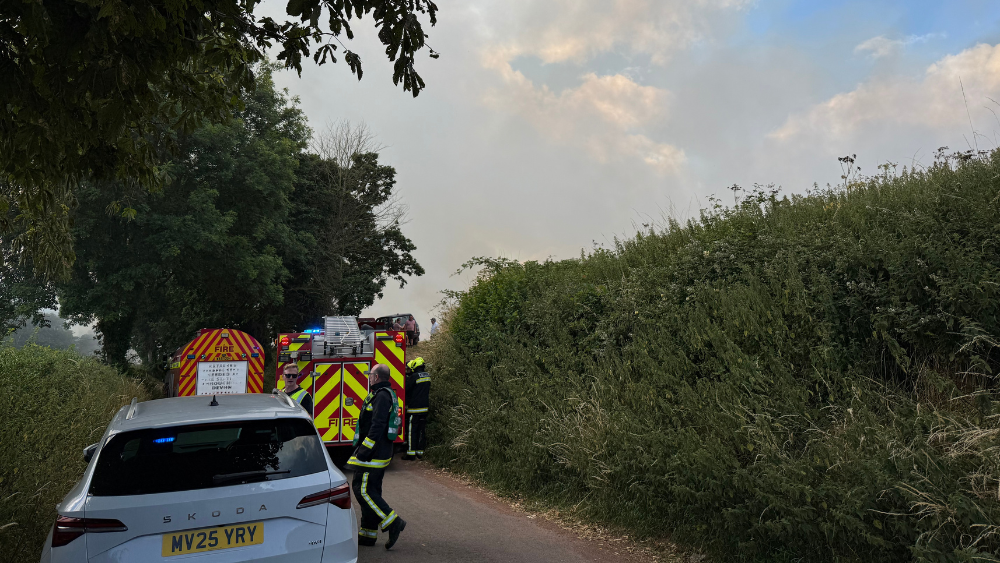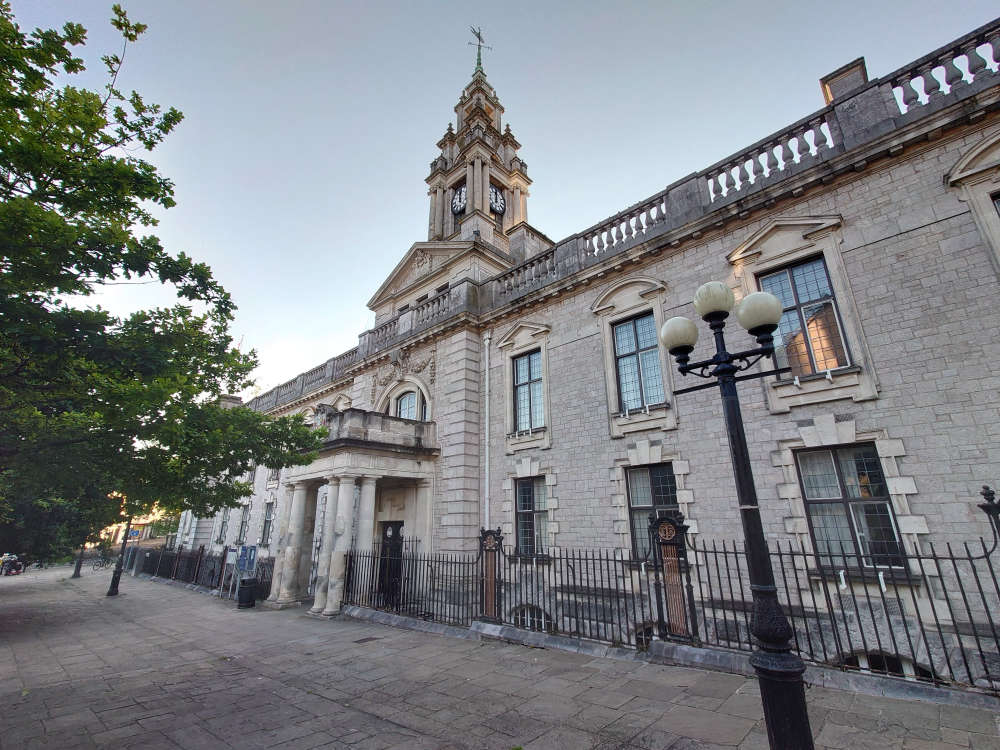
Teachers "buying in" to making it work, councillors told
A focus on placing children with special educational needs and disabilities (SEND) in mainstream schools in Plymouth as special schools “burst at the seams” forms part of a “robust” action plan to address failings in the system.
And mainstream schools already managing their SEND children well within their existing budgets will be asked to share best practice, Plymouth city councillors were told this week.
Its cabinet member for education Cllr Sally Cresswell (Lab, Stoke) said there are some great examples in the city of schools working within budget to provide the right education and support for SEND children through professionalism and creative teaching.
She told the education and children’s social care overview and scrutiny committee that the aim is for all schools to be as inclusive as possible and for the city to have fewer children with education, health and care plans (EHC) in the future.
This would be done by identifying the needs of each child or young person at an early stage by working more closely with schools and colleges.
Ofsted and the Care Quality Commission (CQC) which inspected the Plymouth Local Area Partnership in June found failings in key areas.
They said that SEND children were not identified early, some miss out on health checks and pupils in Plymouth are more likely to be permanently excluded from school than the national average.
The council, together with health providers and schools and colleges which make up the partnership, was asked to address the failures urgently.
A new independently chaired Plymouth SEND improvement board will meet every six weeks to oversee the action plan, providing regular reports to the scrutiny committee.
Cllr Terri Beer (Ind, Plympton Erle) said the biggest concern in her area is some children not getting a place at a school at all.
A protest was held in Plymouth recently as part of a national campaign for change at which parents spoke about the “soul-destroying battles” they face to get school places.
“The special schools are bursting at the seams. They could take on another 70 children if they had capacity to do that,” said Cllr Beer. “There are some children who do not have a place in any school and that is not right, is it?
“I am also worried that schools are struggling to cope because they do not have the wrap-around care for SEND pupils which puts a strain on the delivery of education for those who want to learn and puts these young people way behind.”
Interim service director of education, participation and skills, Annie Gammon, said if the council was investing in capital buildings it needs to make sure it is for the right need. A drop in primary pupil numbers meant there would be more space available in primary schools and she expected there to be extensions to some special and mainstream schools. A strategy is expected in the next month on this.
She said an increasing number of children have needs that cannot be currently catered for and that years of isolation because of the pandemic has presented new challenges.
“We are looking at funding more places in mainstream schools with a higher banding of SEND provision. We want our schools to be as inclusive as possible without disrupting the whole class.”
Some 120 education providers attended a recent workshop and the level of “buy in” to make it work is high, she said.
Cllr John Stephens (Lab, Plymstock Dunstone) has spoken to some schools that are pleased with the engagement, but it comes down to money. “The elephant in the room is that local authorities and schools have been starved of funding to support children with specialist needs for well over a decade now.
“I’m conscious that headteachers are already starting to worry about their budgets next year.”
Cllr Cresswell said: “There are some schools that are managing their children with SEND on their budgets and want to make sure that good practice is shared,”
“There has been some very supportive work in some of our settings in a very creative and professional way by teachers and classroom assistants. We do have examples of good practice where schools have turned things around.”
 Exeter's Net Zero quest will be expensive
Exeter's Net Zero quest will be expensive
 West Devon care leavers get financial boost
West Devon care leavers get financial boost
 Murder charge after discovery of human remains
Murder charge after discovery of human remains
 Young stars set to shine in Exeter panto
Young stars set to shine in Exeter panto
 Fire crews tackle barley field blaze
Fire crews tackle barley field blaze
 £500k for new homes for Torbay and Afghan families
£500k for new homes for Torbay and Afghan families
